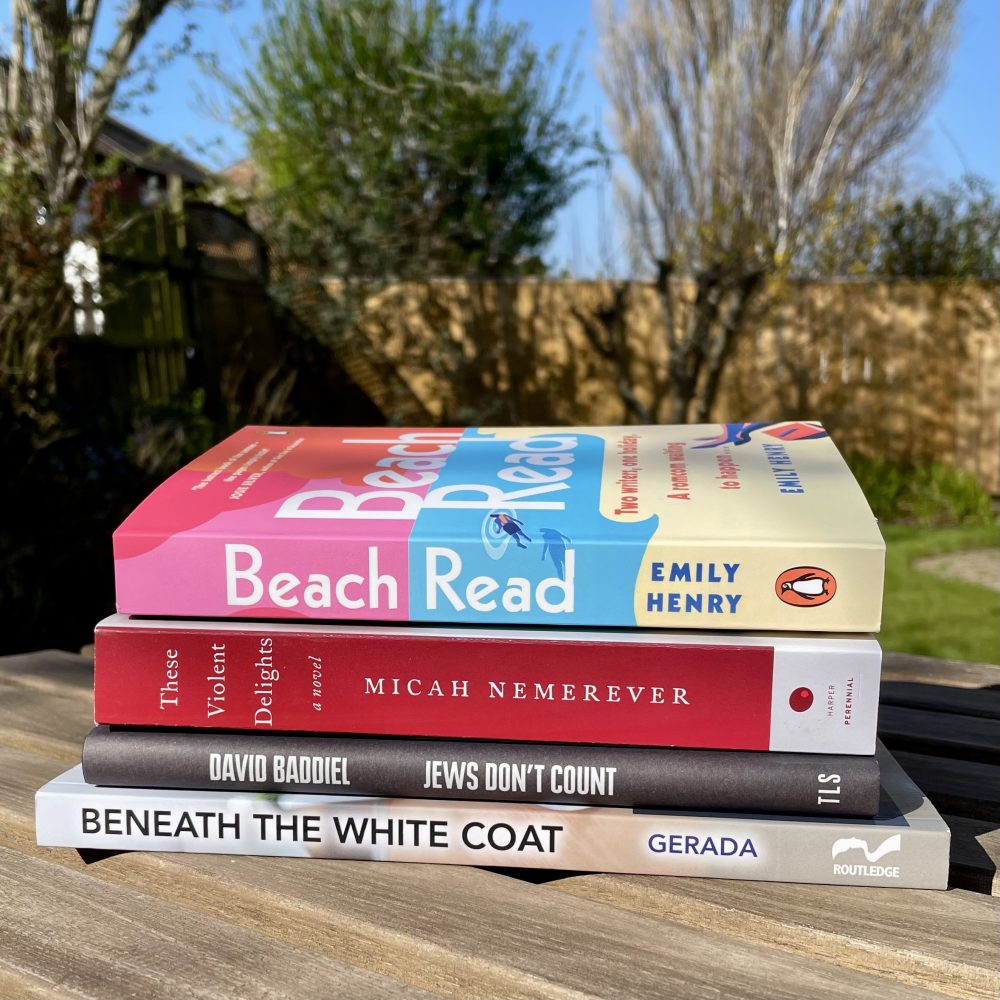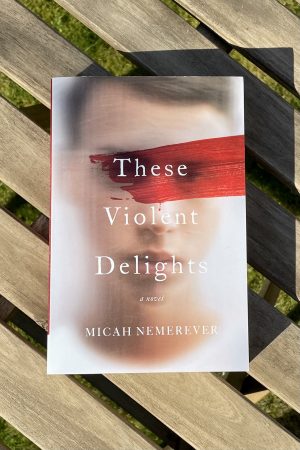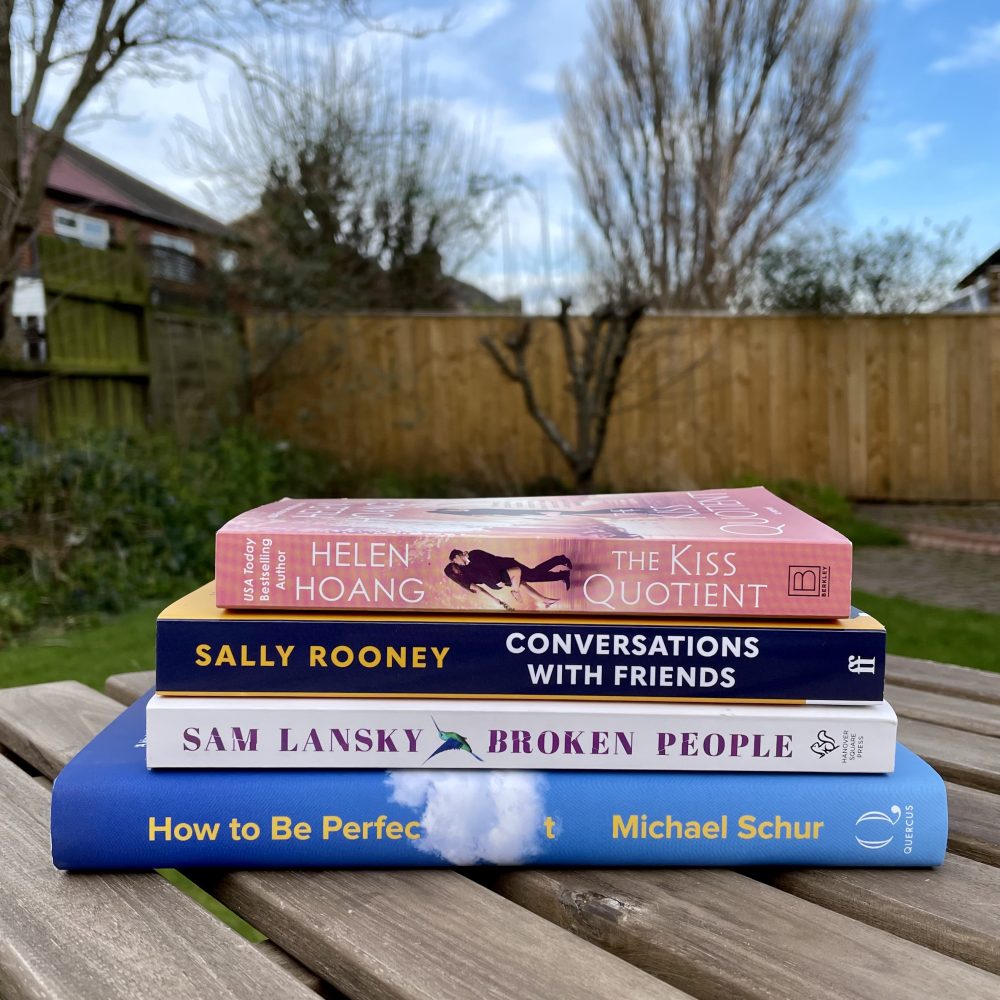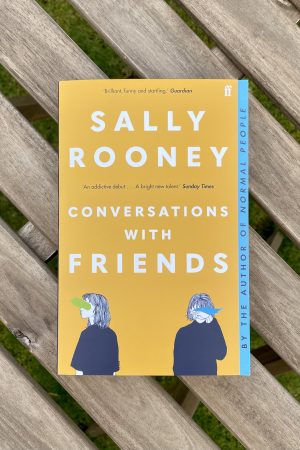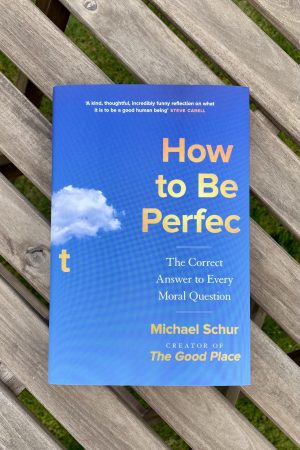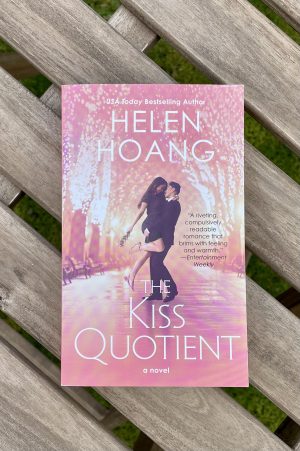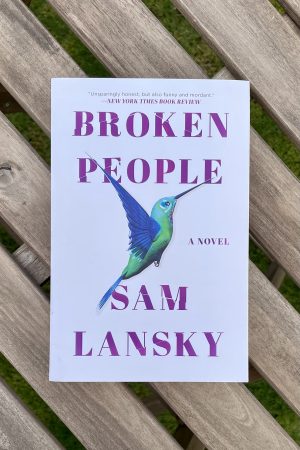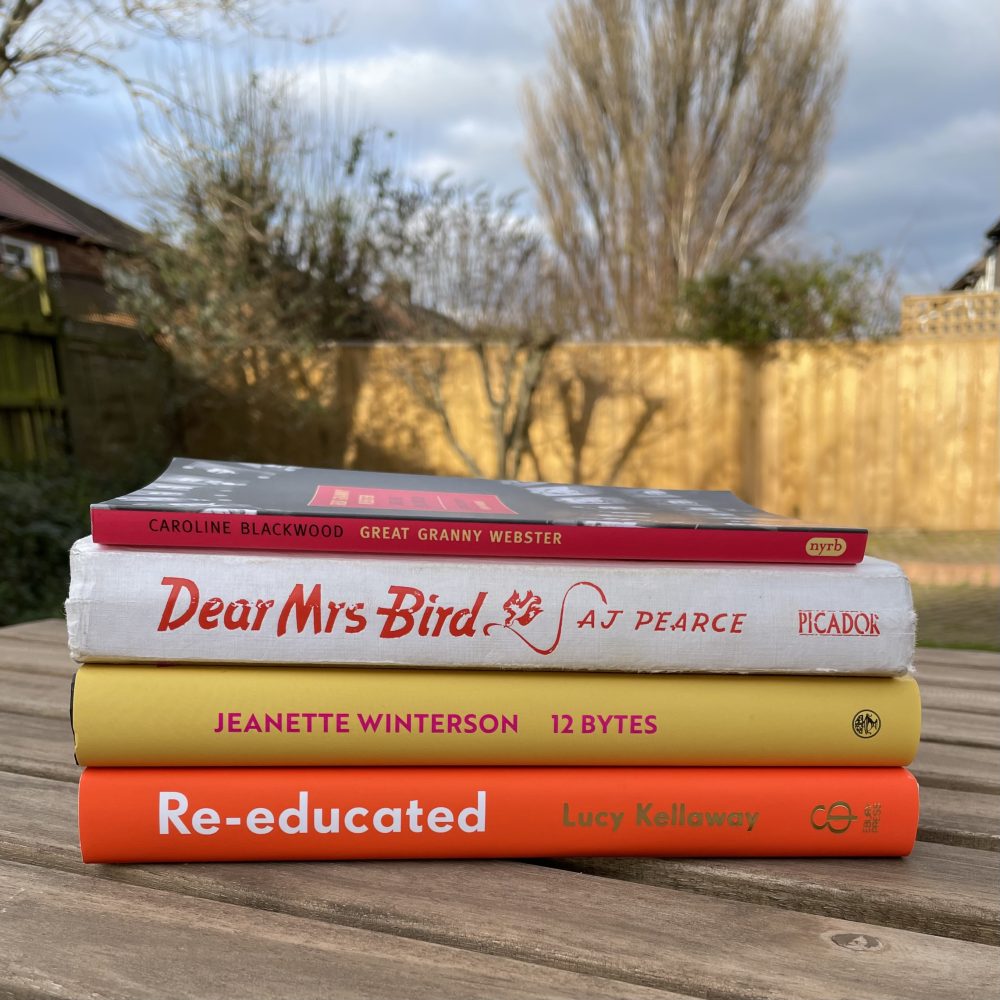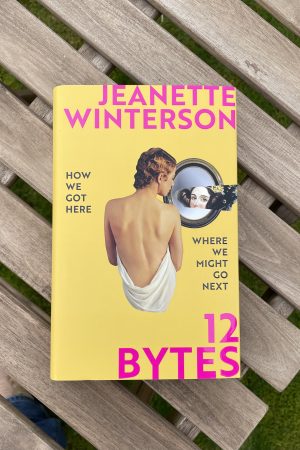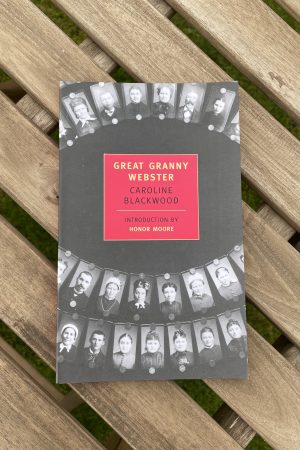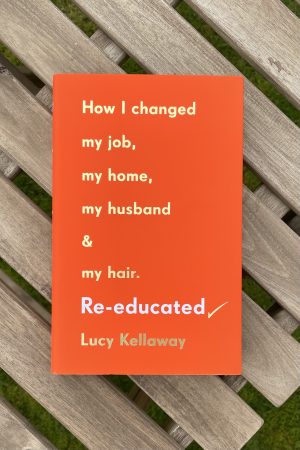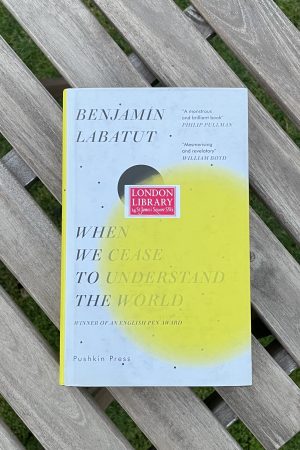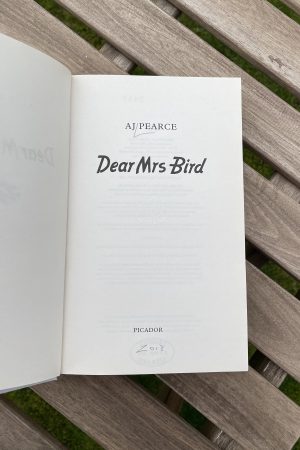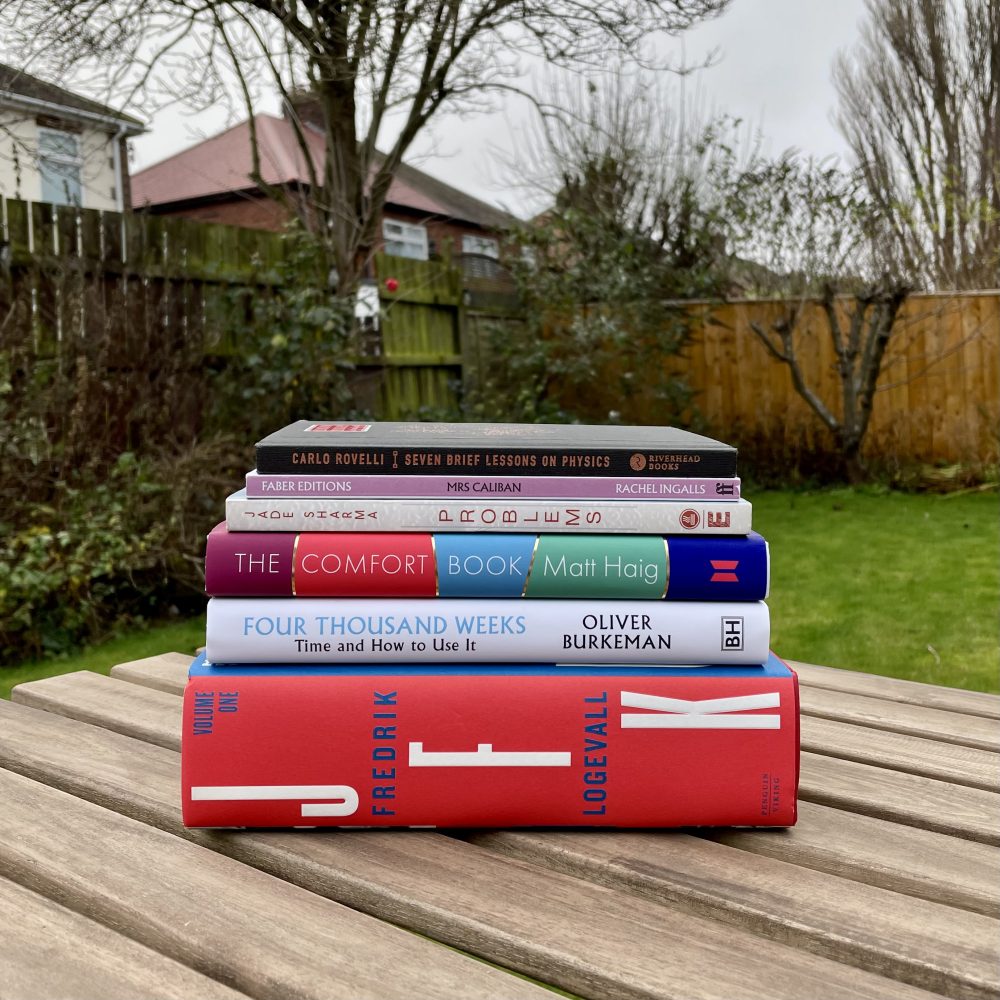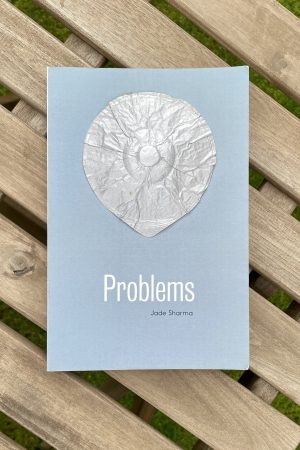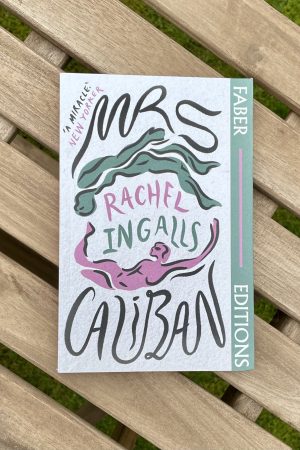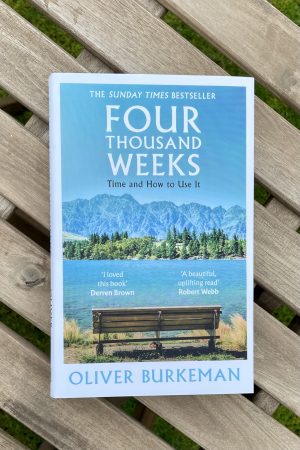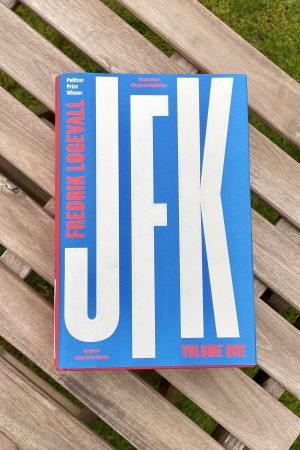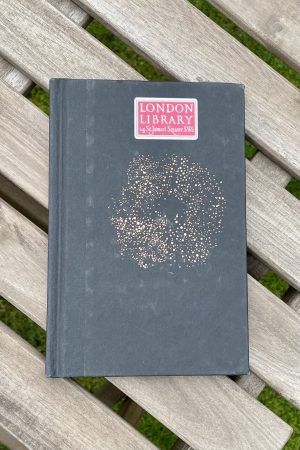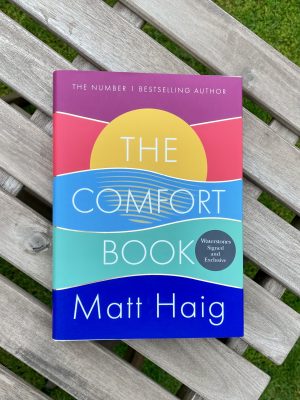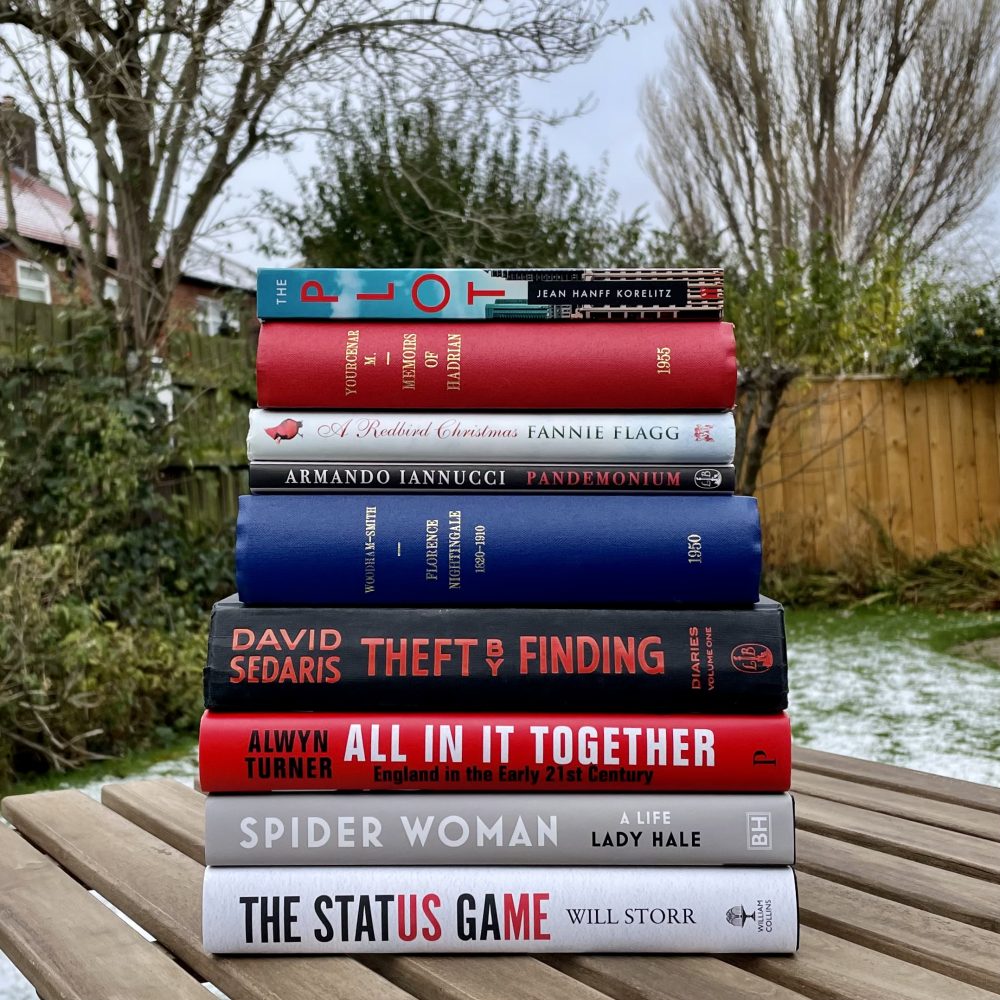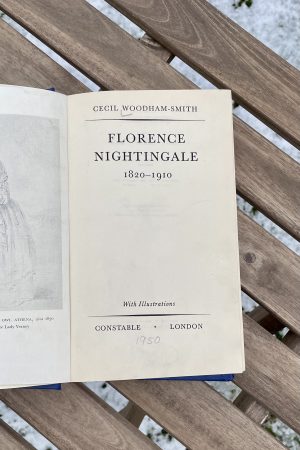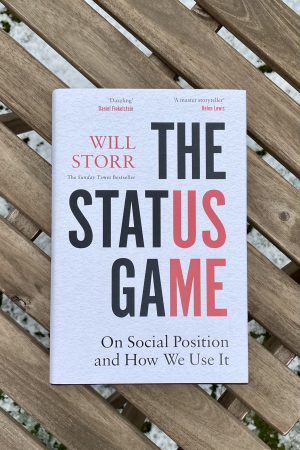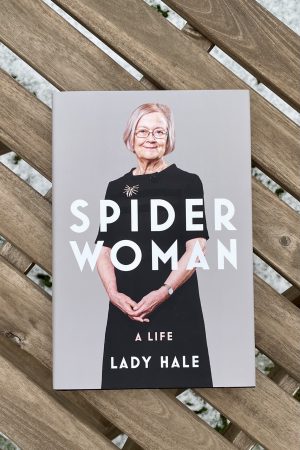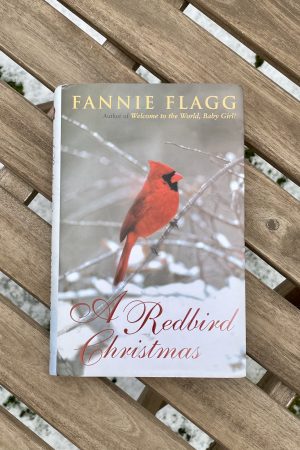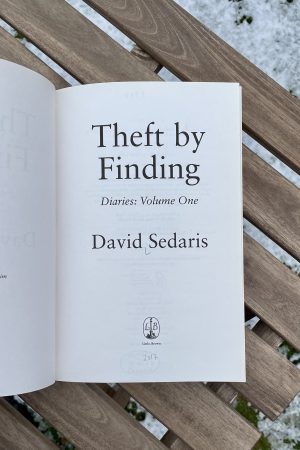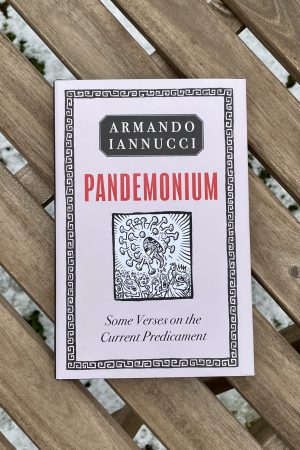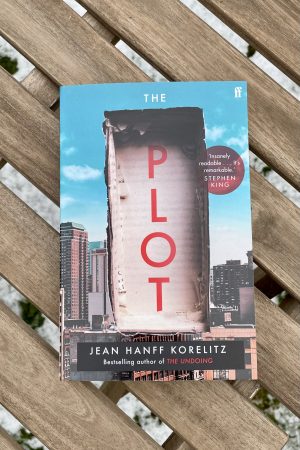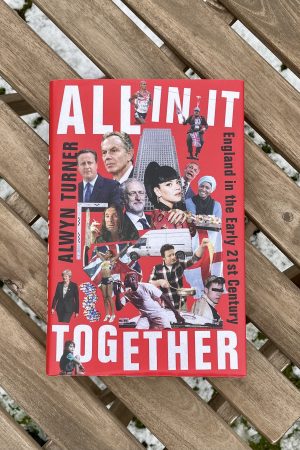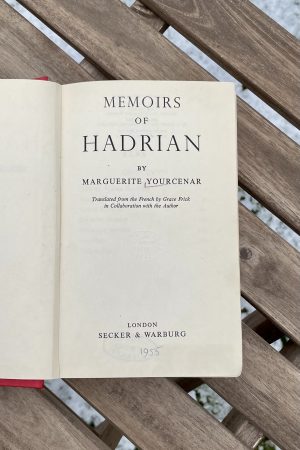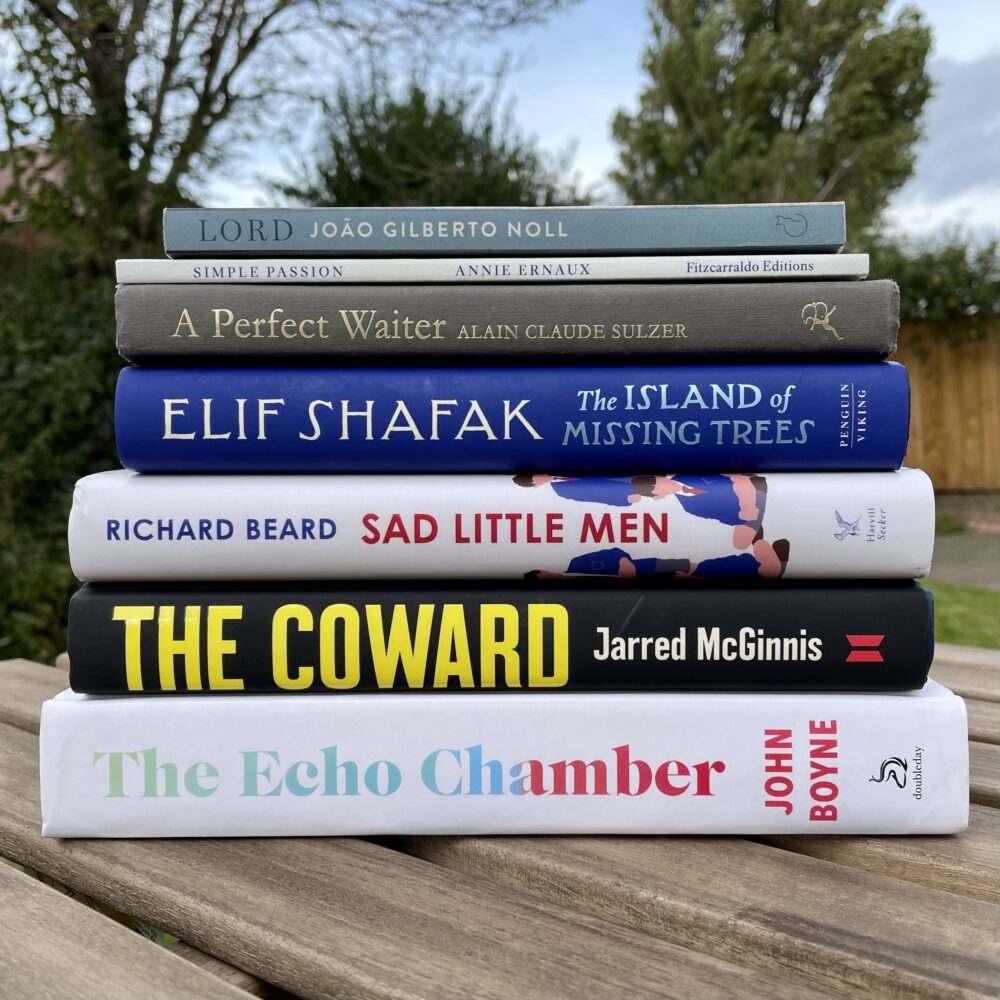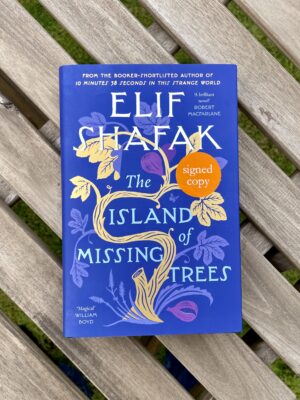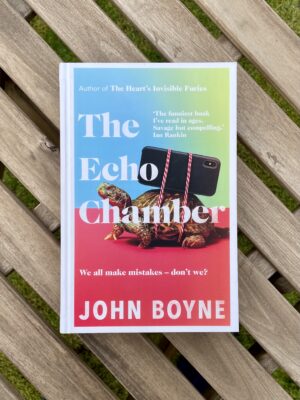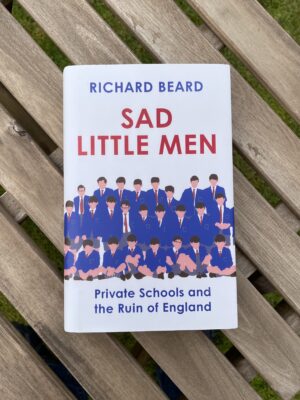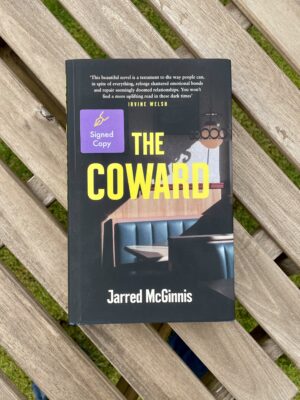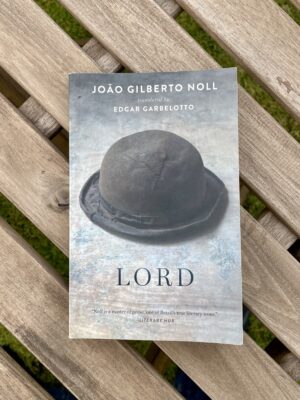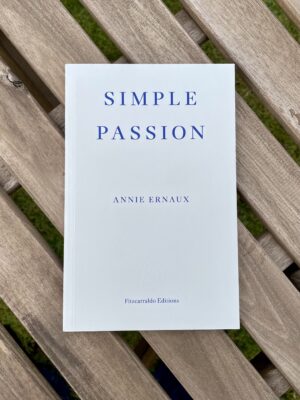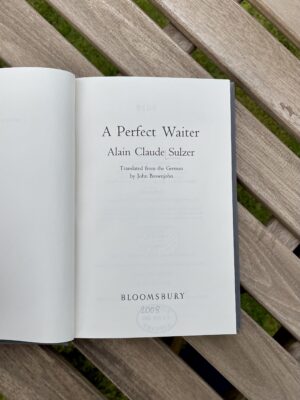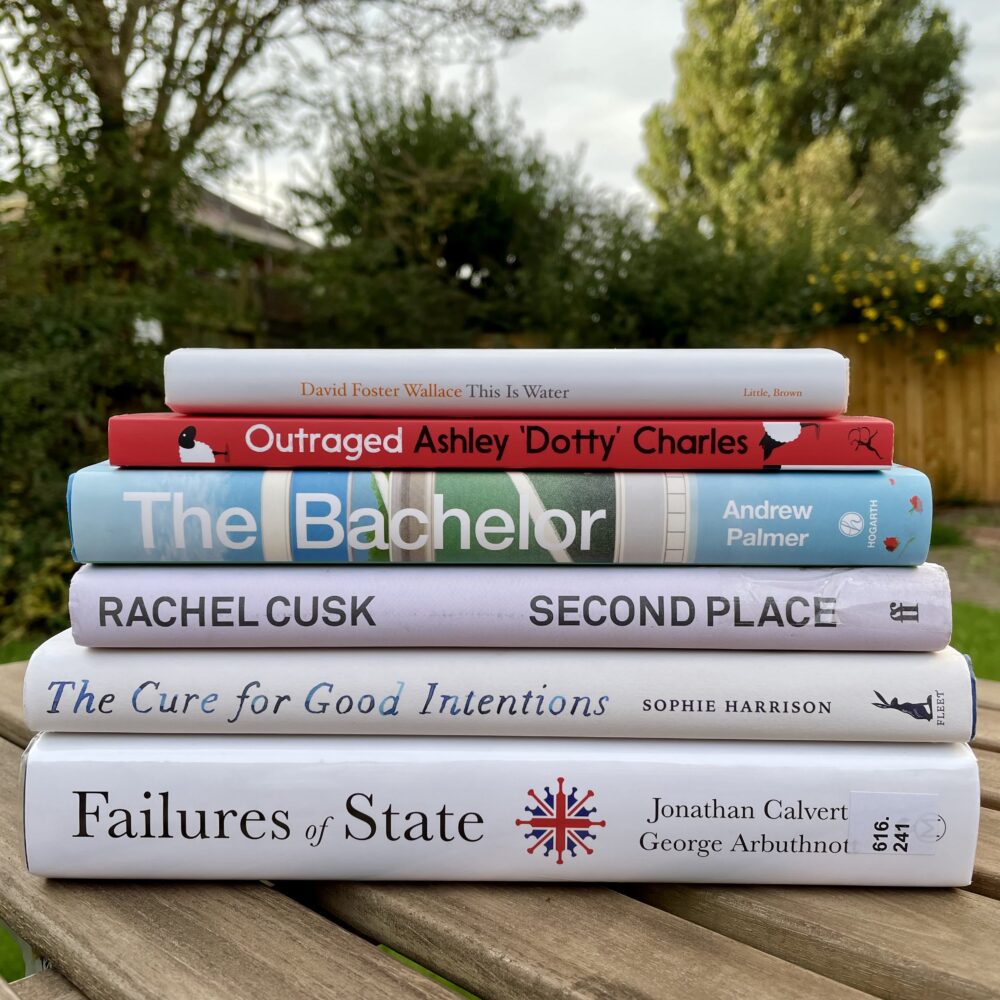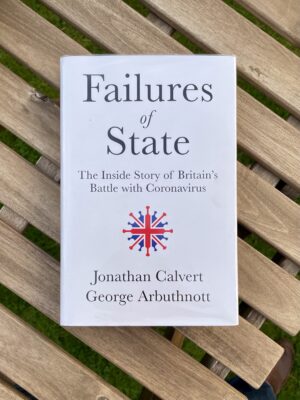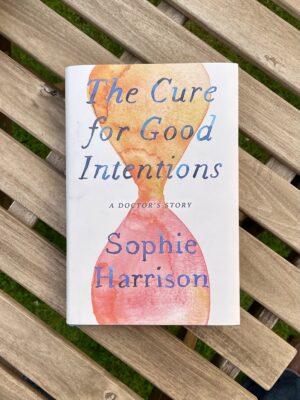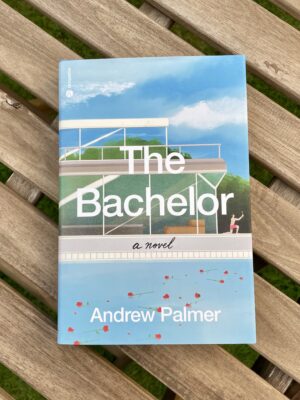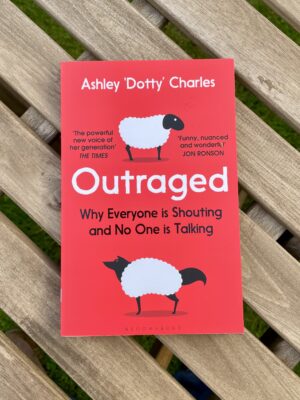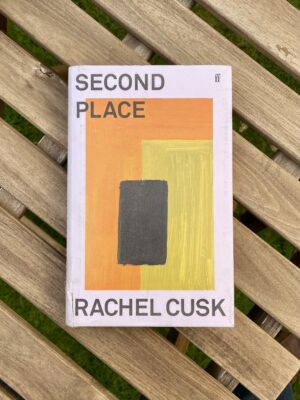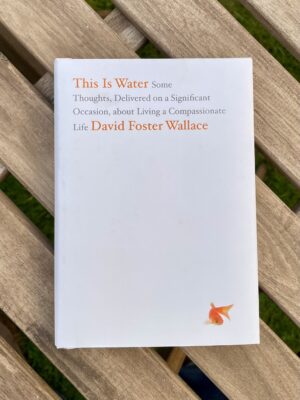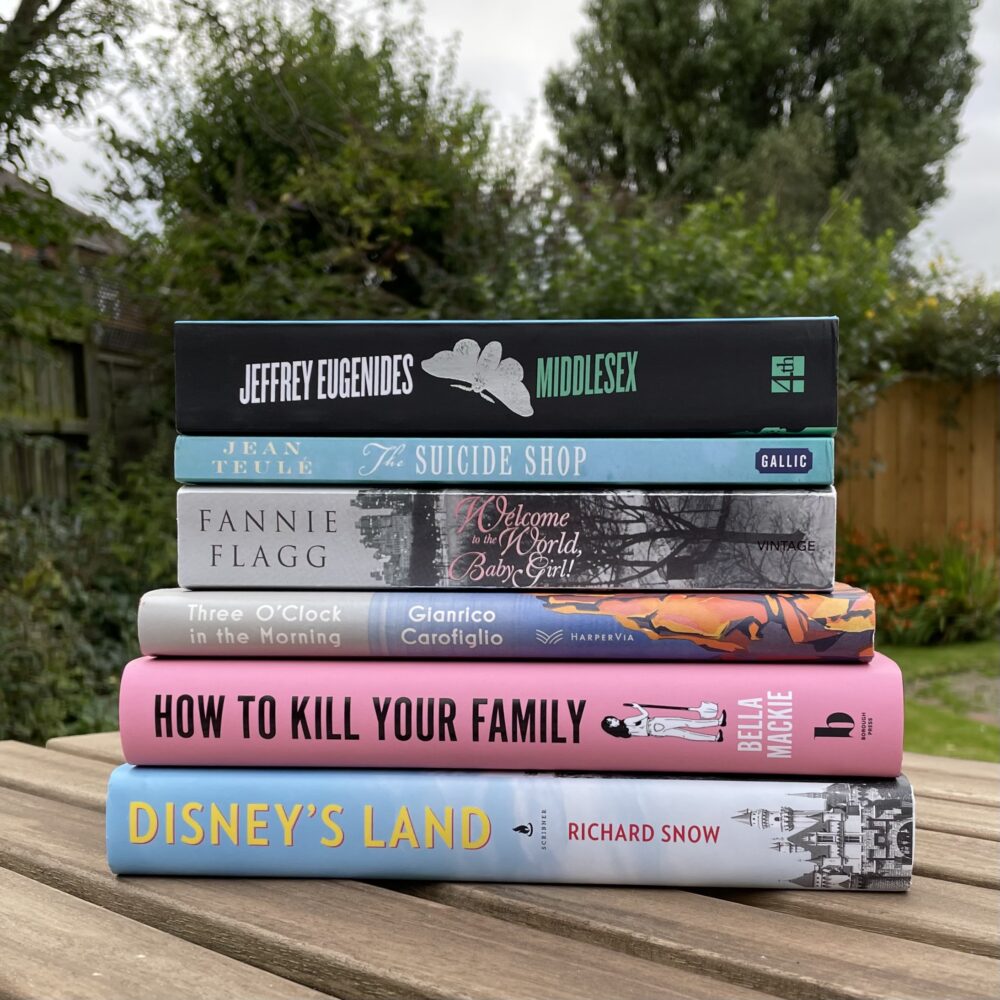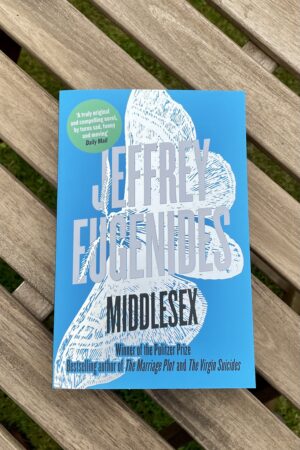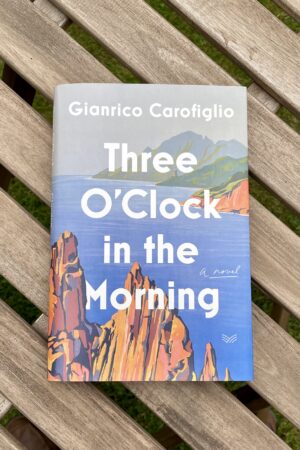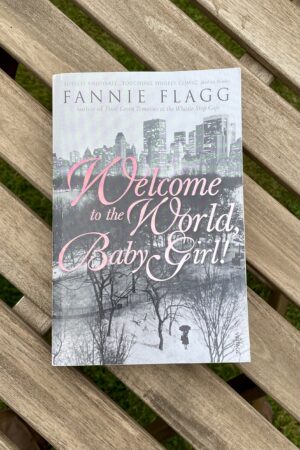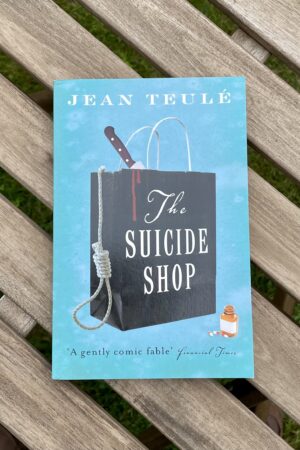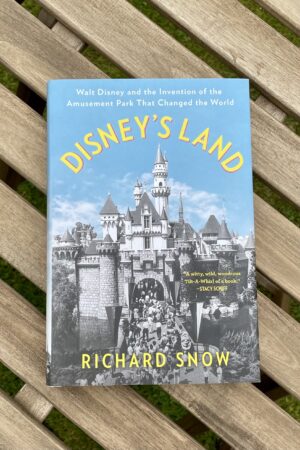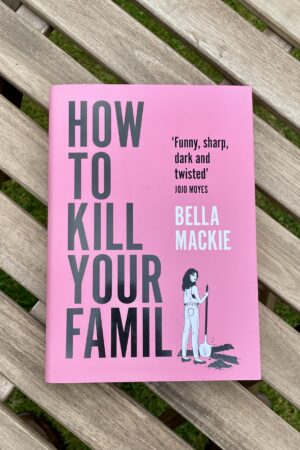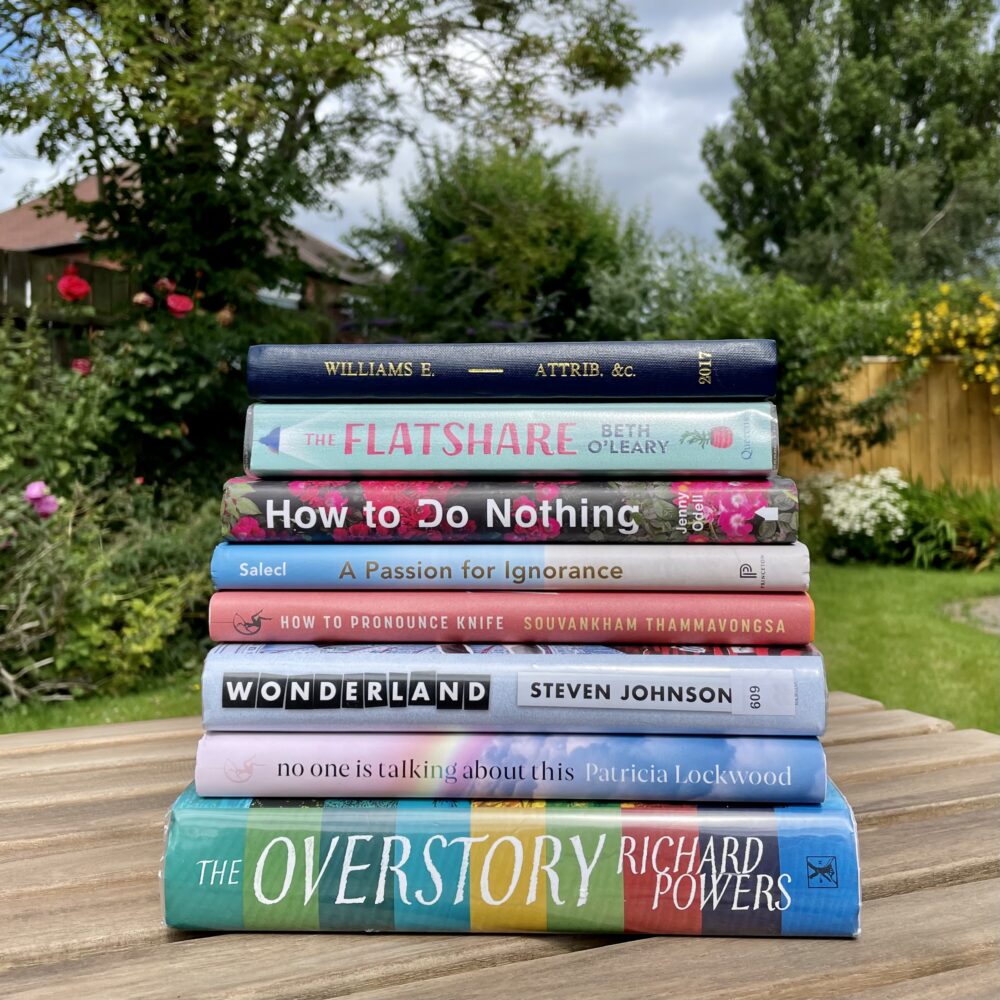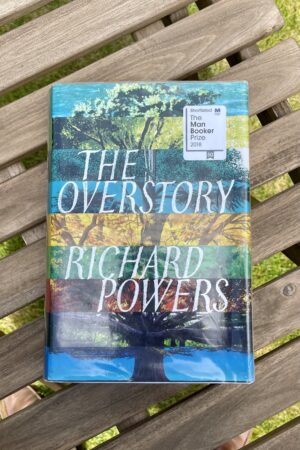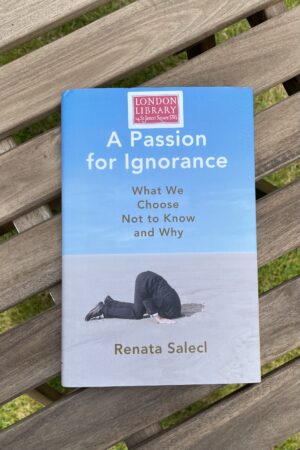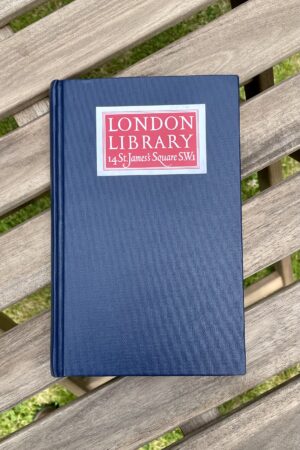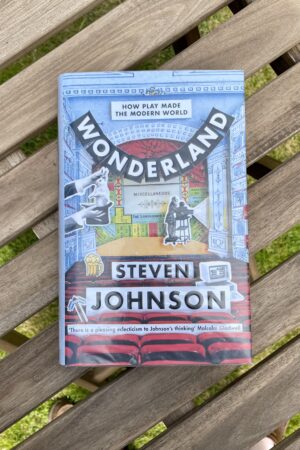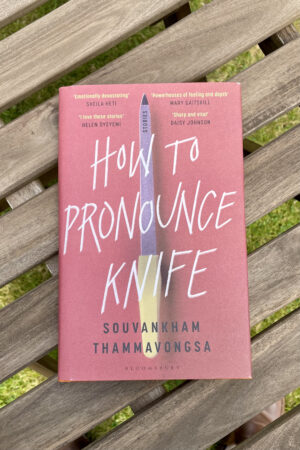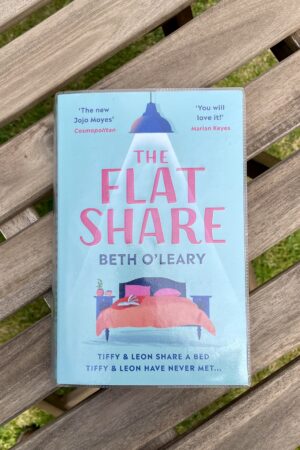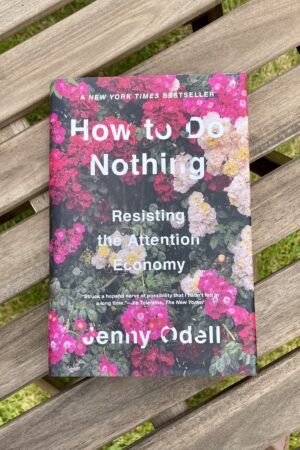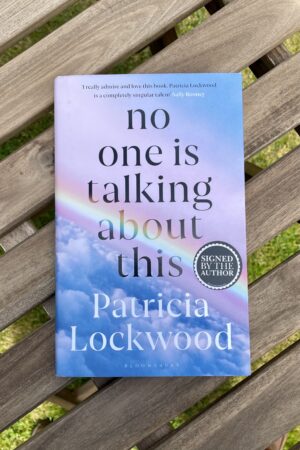What I’ve been reading this month
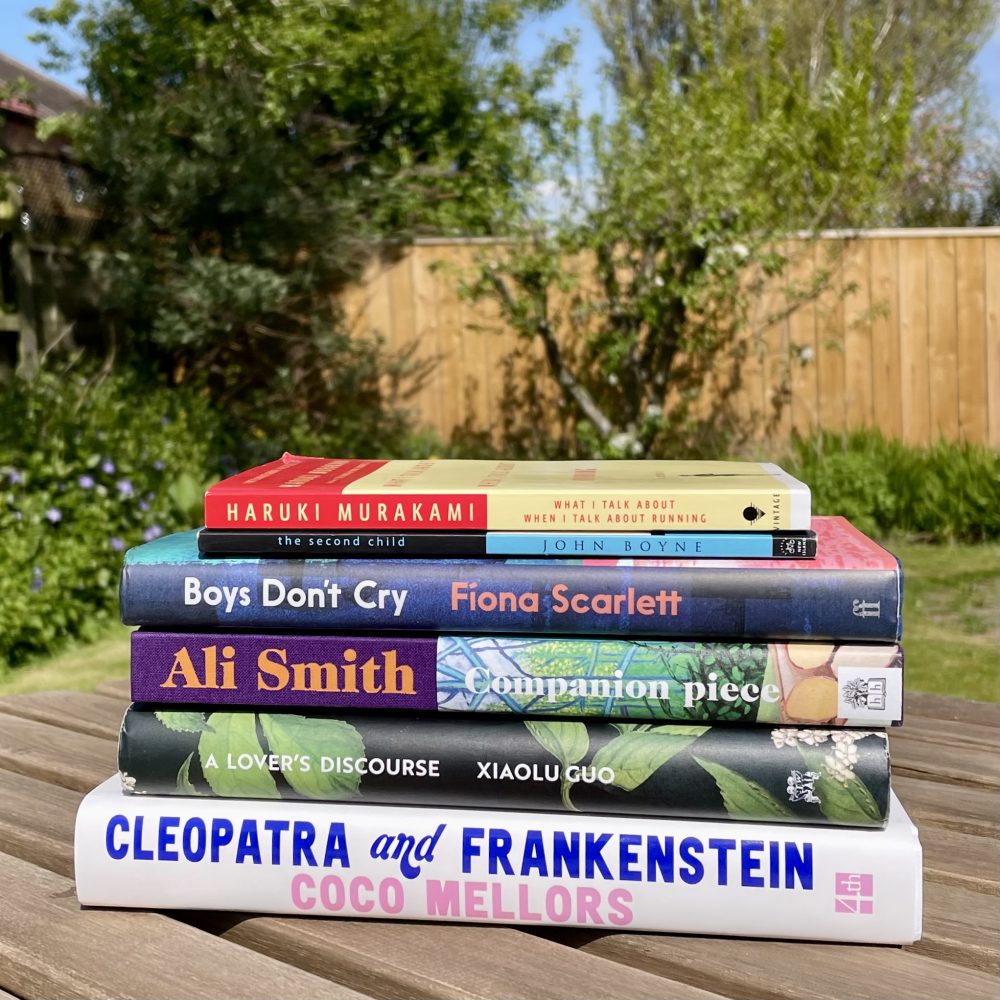
I’ve six books to write about for April, and most were much better choices than in other recent months!
Companion Piece by Ali Smith

Published this month, this is another quick-turnaround book from Ali Smith in the mold of her incomparable Seasonal Quartet—referenced not just by the matching cover art but also by the main character, Sandy, saying early on “I didn’t care what season it was.”
I loved that series, and I loved this addition. There is something therapeutic about reading Smith’s take on the world’s chaos. The insight and connection she brings fees like it brings closure and clarity.
In this volume, set mostly during the pandemic, Smith blends social commentary with characters having detailed discussions about the analysis of poetry, and with a series of fantastical visitors which we are never quite sure exist.
I would characterise the main theme of this volume as being human connection and companionship (the clue is in one of the title’s meanings). It reflects on the changes wrought by pandemic living, but also the continuity of so many aspects of non-physical human connection, like connection through poetry or ideas or ancestry. It’s also about how it’s nice to be alone sometimes.
Like the whole of the Seasonal Quartet, this was a cut above almost everything else I read, and I’m already sure it will be one of my favourite books of the year.
Cleopatra and Frankenstein by Coco Mellors
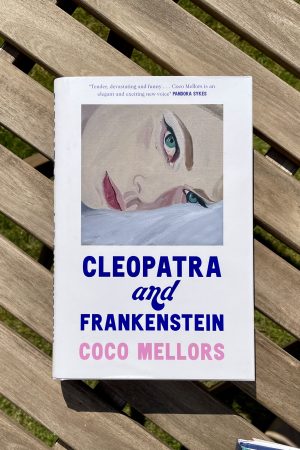
This recently published debut novel set in present-day New York focuses on two characters: Cleo, a British artist in her early 20s who is struggling to find her painting form and whose student visa is running out, and Frank, an advertising executive twenty years her senior. Cleo meets Frank in a lift while fleeing a party. The two enjoy a whirlwind romance resulting in a quick, impulsive marriage. Most of the novel deals with the fall-out from their romance, as its consequences ripple through their friendship groups and families. The characters—Cleo especially—mature through the novel, albeit with some profoundly challenging but sensitively portrayed mental illness along the way.
None of the characters in this book are especially likeable, and yet I found myself rooting for all of them. I was immersed in the novel’s world and didn’t want to leave it.
Mellors has a beguilingly rich style of writing, full of imagery and metaphor, which feels like it has fallen out of fashion in recent times. The characters speak sparklingly witty dialogue. It’s hard to believe that this is a literary debut.
Boys Don’t Cry by Fíona Scarlett
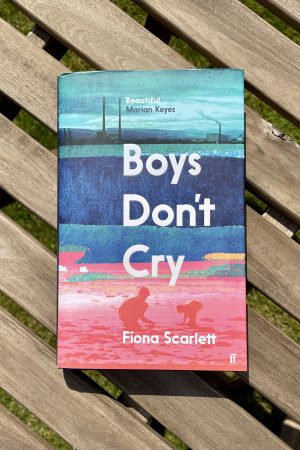
This is a 2021 novel about two brothers growing up in modern working-class Dublin: a twelve-year-old call Finn and a seventeen-year-old called Joe. The novel is narrated by the brothers in alternating chapters, though on different timelines (Joe’s story takes place after Finn’s)—this was less confusing than I’ve made it sound.
Joe has secured a scholarship to a prestigious private school, but finds himself teased for being from a different social class, and there is a constant theme of the gravity of his background constantly pulling him down. Society’s expectations of him are not high.
Finn looks up to Joe, and with the naivety of his youth doesn’t fully understand everything that is going on around him, in particular his father’s role as kingpin of a local drug gang.
Both Joe and Finn are very realistically drawn: Joe’s complexity and life challenges in particular drew me into this book, and Finn’s narration always rang true.
Mostly, though, this is a book with real emotional punch, diving deep into themes of teenagers developing their moral frameworks, the struggle to define oneself independently of one’s background, coming to terms with mortality and dealing with grief. It’s heavy stuff—but lightly written enough to be moving rather than maudlin, and with some real wit weaved through the whole book.
This was 238 pages long—I raced through it, but by the end, struggled to understand how Scarlett could possibly have built such a complete world in so few pages. These are characters that will stay with me for some time.
What I Talk About When I Talk About Running by Haruki Murakami
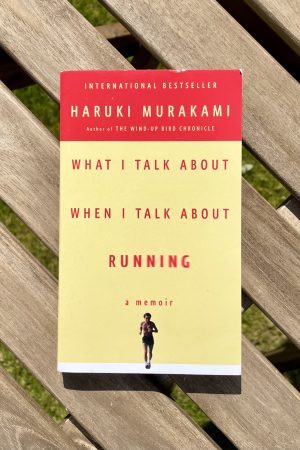
This is Murakami’s popular account of training for running the New York Marathon in 2005, which I read in Philip Gabriel’s translation. For me to say “I’m not a runner” seems to me to be as accurate and yet absurd as saying “I’m not a pair of trainers.” Yet, this is only in one sense a book about running: there is a lot in this short book for non-runners like me.
This is really a thoughtful and reflective memoir about life in general. I was particularly drawn to Murakami’s frequent comparisons between running and writing: both fundamentally solitary activities, and both requiring total commitment driven by self-motivation. Like Murakami, I’m a person who enjoys time by myself, and “doesn’t find it painful to be alone,” so I felt a bit like a kindred spirit.
Really, this was a book that allowed me to spend time in the mind of a brilliant writer, and I thoroughly enjoyed it. It didn’t make me want to start running… thank goodness.
A Lover’s Discourse by Xiaolu Guo
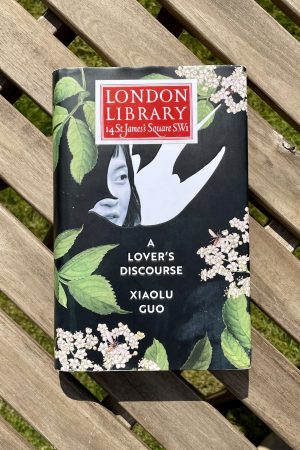
Published in 2020, this is a novel inspired in part by the book of the same name by Roland Barthes, which it references a few times. Like the Barthes book, this is split into very short titled chapters. Each begins with a piece of dialogue extracted from that chapter, which I felt provided a slightly hypnotic quality.
The plot is, of course, a love story told largely through dialogue. The narrator is a woman who moves from China to the UK (or “Brexit Britain”) to study for a PhD in visual anthropology, and falls for a man of a similar age who specialises in landscape architecture. Despite the slightly unusual structure, I found this effortless to read. It has interesting themes around loneliness, even within a relationship, and the limitations of language: both of the central characters speak more than one language.
This was intriguing, enjoyable, and captured more themes than I imagined it would be.
The Second Child by John Boyne
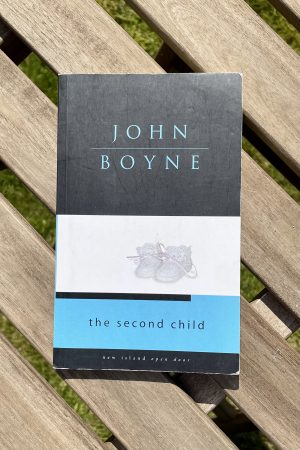
This 2008 novella, published as part of a series for “emerging adult readers” was a fun, single-sitting affair for me. The plot follows an estranged Irish daughter visiting her parents with her partner—a successful Hollywood actor—while pregnant. As well as being very funny, it captures the complexity of familial relationships and the conflict which can emerge from clashing social expectations of different generations.
This isn’t ground-breaking, but I don’t think it set out to be. It’s just a well-written, very brief story which captures complex and conflicting emotions which can emerge in fairly universal relationships. I often find short stories unsatisfying, but I enjoyed this.
This post was filed under: What I've Been Reading, Ali Smith, Coco Mellors, Fíona Scarlett, Haruki Murakami, John Boyne, Xiaolu Guo.
